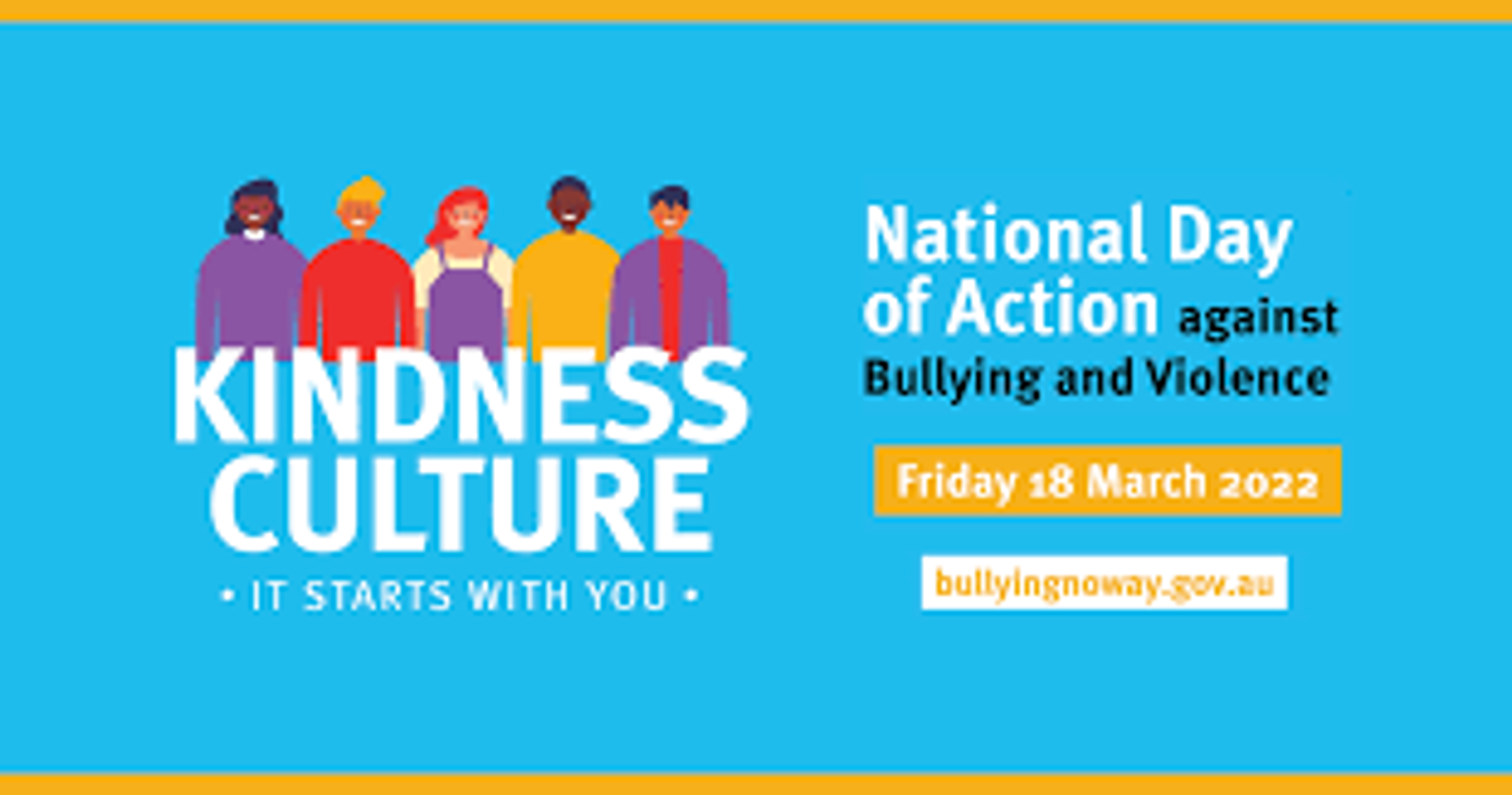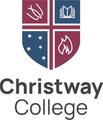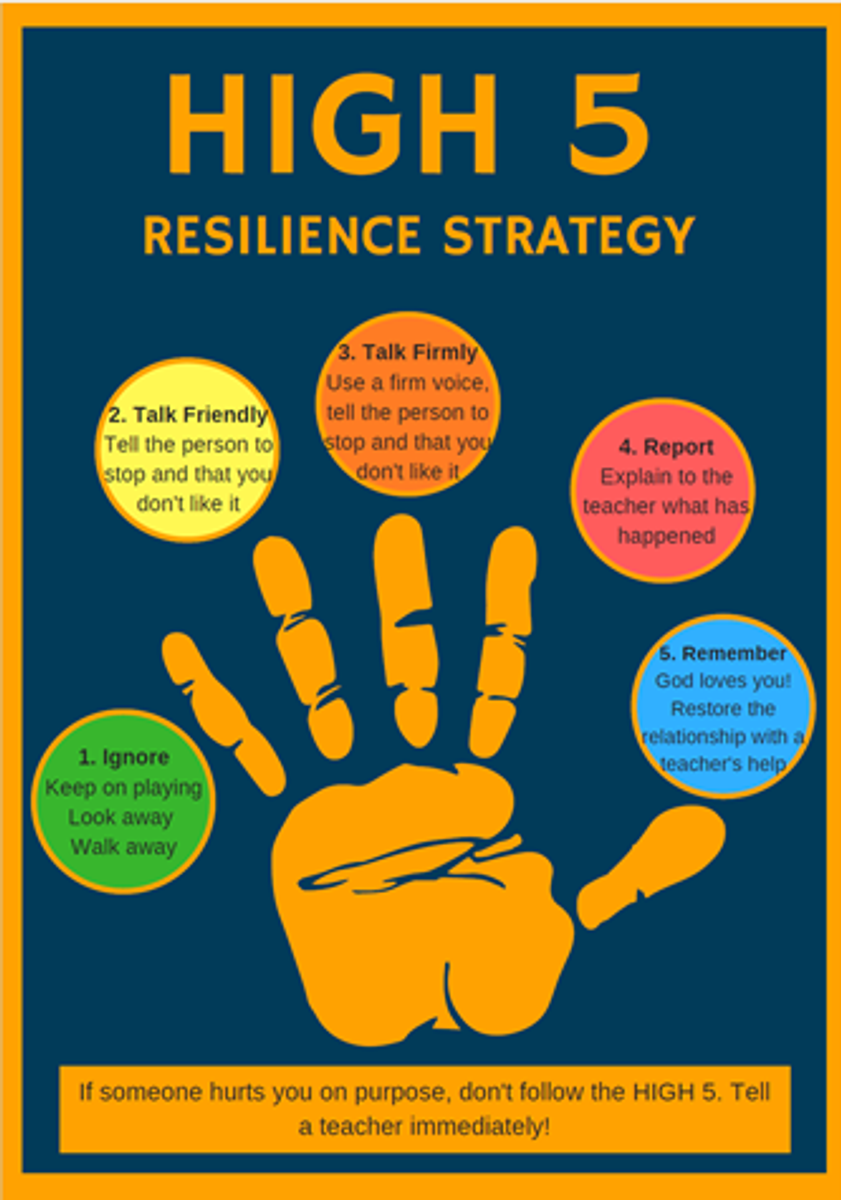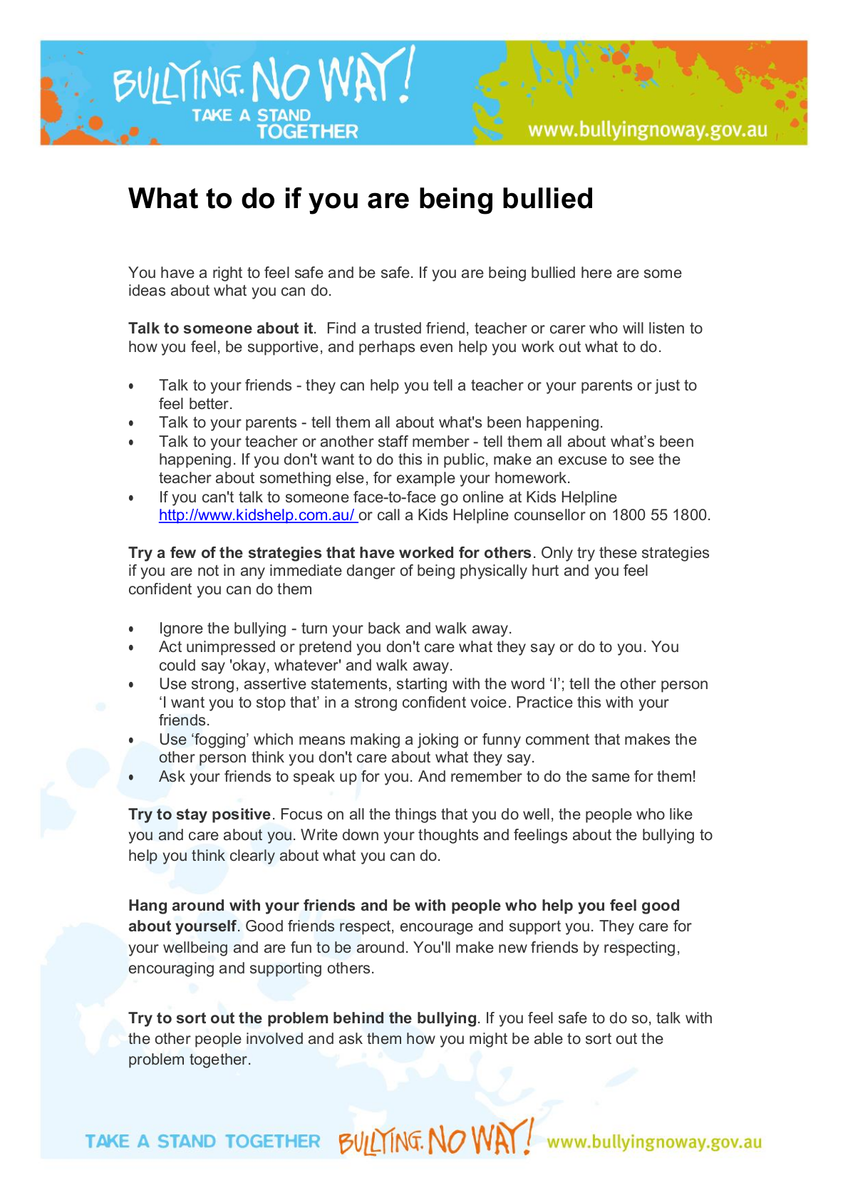Anti-Bullying Day

On Friday 18 March, HCC participated in the ‘National Day of Action against Bullying and Violence’. The focus of this year’s event was to develop a Kindness Culture within the school.
Throughout the day, students were encouraged to reflect on ways they can show kindness to each other. They were also asked to consider their actions which prevent a Kindness Culture from being achieved – this included a challenge to curb teasing which may be intended in jest but is often hurtful. To accompany this discussion, our Wellbeing Prefects and chaplains did a brilliant job delivering the Kindness Culture message to the school through video, which was well-received by students.
This day came about as HCC is committed to seeing our students thrive in all areas of their lives, including their social wellbeing. That is why we consistently encourage our students to use the High 5 Resilience Strategy to equip them to combat conflicts as they arise.
HCC knows that every child has a right to feel safe and be safe, that is why we know it is so important to define what bullying is and isn’t for our students, and for our pupils to be aware of when the issue needs to be elevated past the High 5 Resilience Strategy.
Bullying
The national definition of bullying for Australian schools says:
Bullying is an ongoing and deliberate misuse of power in relationships through repeated verbal, physical and/or social behaviour that intends to cause physical, social and/or psychological harm. It can involve an individual or a group misusing their power, or perceived power, over one or more persons who feel unable to stop it from happening.
Bullying can happen in person or online, via various digital platforms and devices and it can be obvious (overt) or hidden (covert). Bullying behaviour is repeated, or has the potential to be repeated, over time (for example, through sharing of digital records).
Bullying of any form or for any reason can have immediate, medium and long-term effects on those involved, including bystanders. Single incidents and conflicts or fights between equals, whether in person or online, are not defined as bullying.
Behaviours that do not constitute bullying include:
- mutual arguments and disagreements (where there is no power imbalance)
- not liking someone or a single act of social rejection
- one-off acts of meanness or spite
- isolated incidents of aggression, intimidation or violence.
However, these conflicts still need to be addressed and resolved.
Likewise not all online issues are bullying. (Online bullying is sometimes referred to as cyberbullying and refers to bullying that is carried out through information and communication technologies.)
If any of the above apply to your child, please contact the HCC Wellbeing Team so we can work with you to address the issue.
Attached is also a list of strategies our students can use to help address bullying.
We look forward to seeing HCC’s Kindness Culture lived out throughout our community!
Rebecca Harvey Ashika Corera
Wellbeing Coordinator – Secondary Wellbeing Coordinator – Primary


